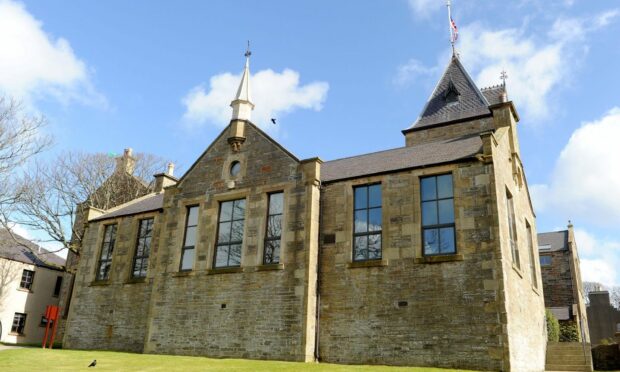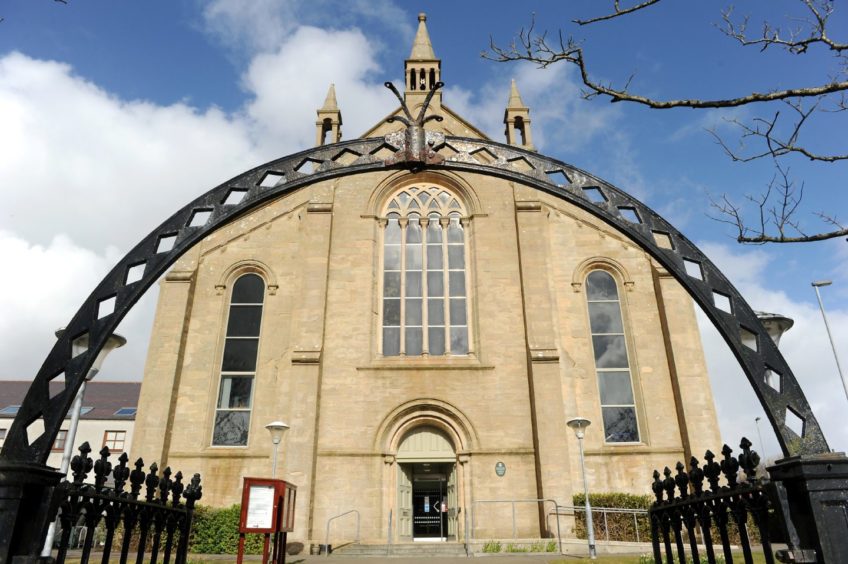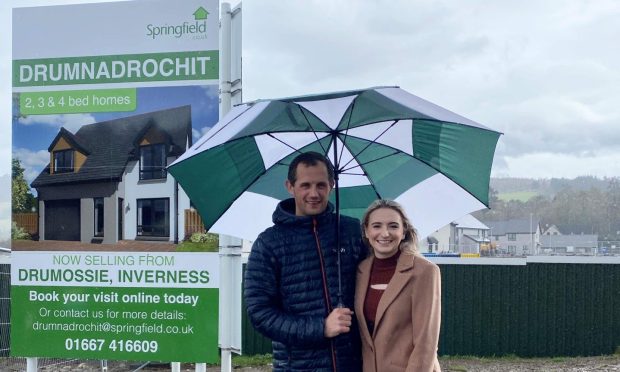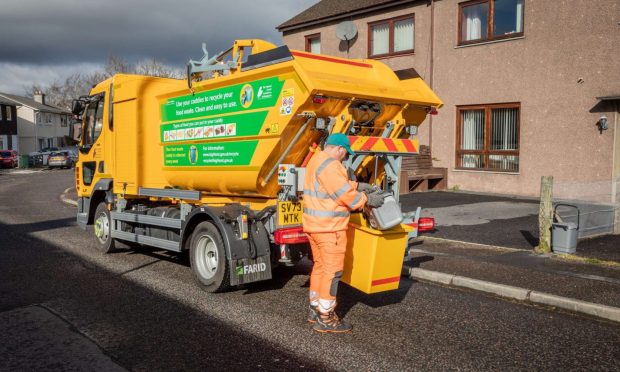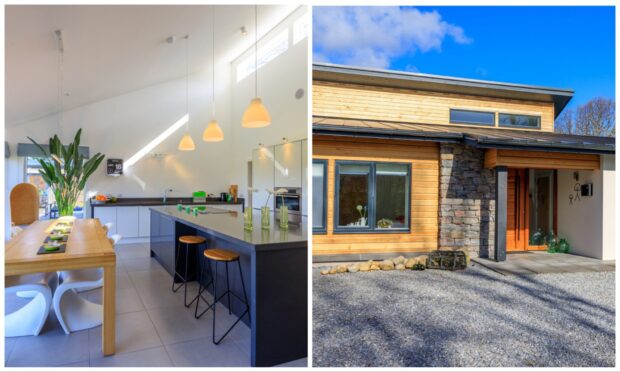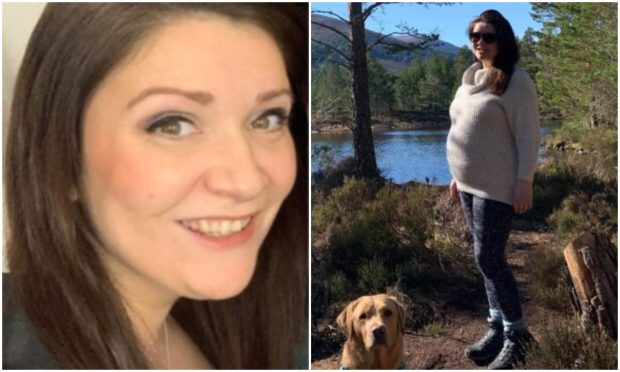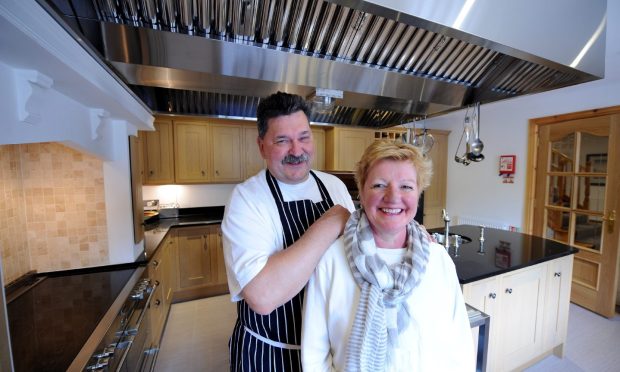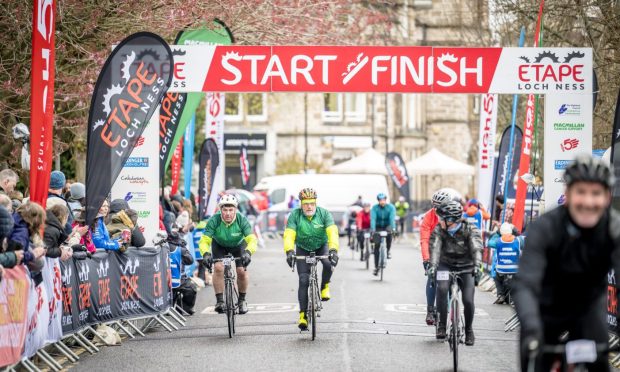Councillors in Orkney have viewed a report showing how complaints and compliments were handled by the local authority in the last year.
In general, the report, which was viewed by the council’s monitoring and audit committee, showed progress as the total number of complaints fell from 121 in the previous year to 97 this year.
The average amount of time it took the council to respond to a complaint that merited an investigation fell from 32 days in 2019-20 to 15.7 days – well within the target of 20 days.
However, it was found that 33% of stage one complaints – these being complaints that do not call for an investigation – required a time extension when being replied to.
This compares to 19% in the previous year. The council’s response time for these complaints fell over the year, with 69% being dealt with in five working days or less over the last year.
This figure had been 81% the year before. This is thought to be due to the pandemic.
How has the council learned from the complaints?
Customer satisfaction with the way complaints were handled proved to be difficult to measure during the pandemic.
Only two feedback forms were handed back to the council – one which said a complaint had not been resolved at all and the council were not helpful, and another which said a complaint had been partially dealt with and the council had been “fairly helpful”.
In total, 51 of the complaints made over the last year were classed as stage one, while 35 were classed as stage two and required an investigation.
A further seven complaints were first deemed to be stage one complaints and became stage two complaints as they were “escalated” and needed an investigation. The remaining five complaints had not yet been dealt with by the council.
The report also shows how the council claims it has learned from the complaints.
Communication issues between council contractors and the council housing tenants, failures in communication between the council and service users, ensuring that social distancing measures were applied by council staff and visitors, and identifying where more training was needed by council employees using PPE (personal protective equipment) were all areas that the council has said they made progress in by acting on complaints.
What about the compliments?
While the council is required to measure the health of its complaints procedure by the Scottish Public Service Ombudsman, the same cannot be said for compliments.
Councillors asked for information on compliments to be included in the report earlier this year.
Examples of compliments given in the first three months of this year include a childminder thanking bin men for waving to the kids in her care, thanks for the workers who spread grit during icy weather and thanks to a bus driver who drops a service user right to their door on trips to a local day centre.
